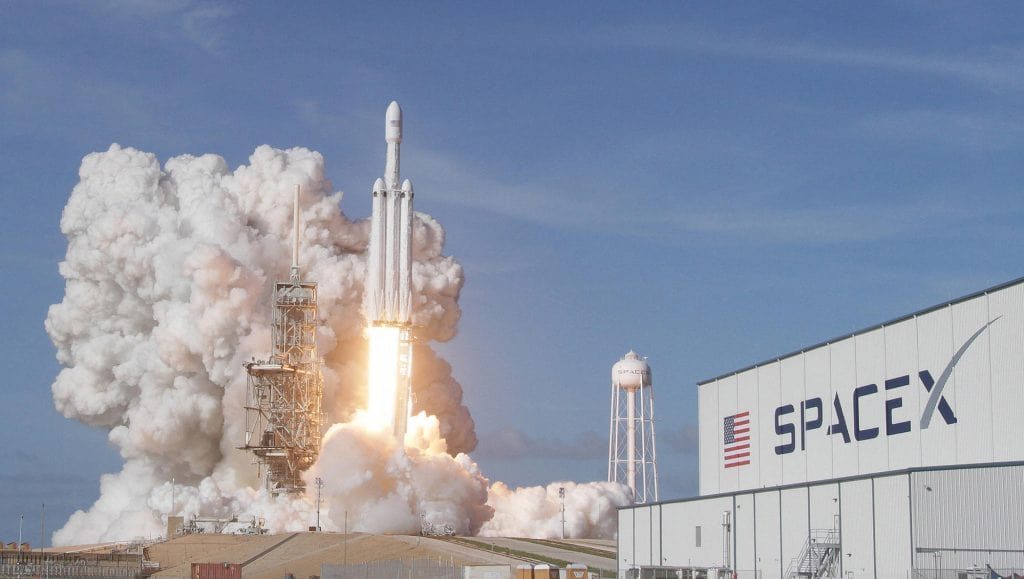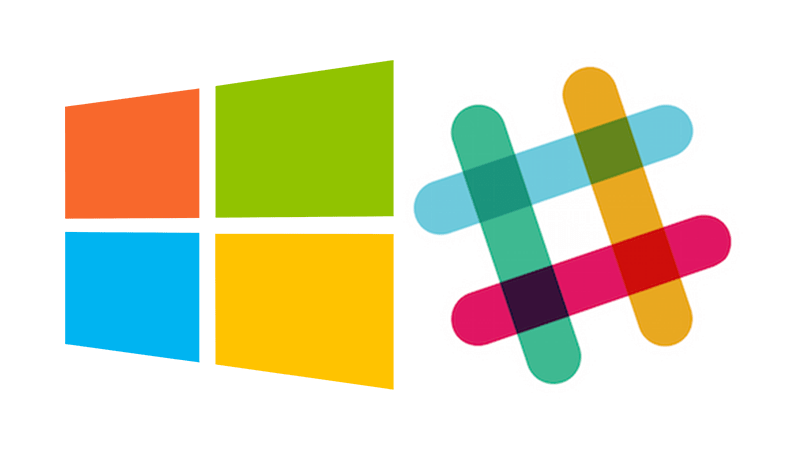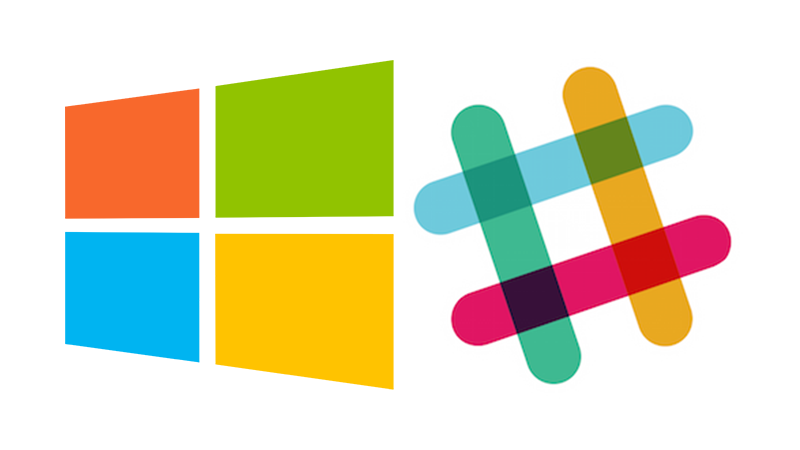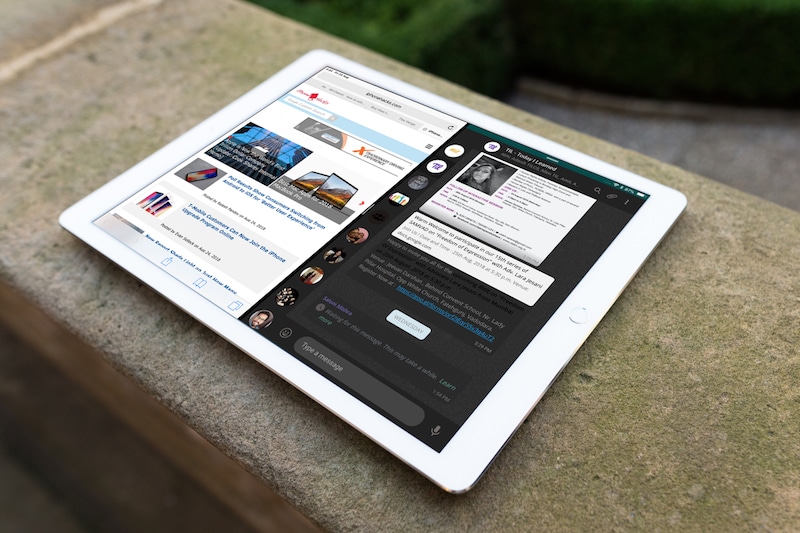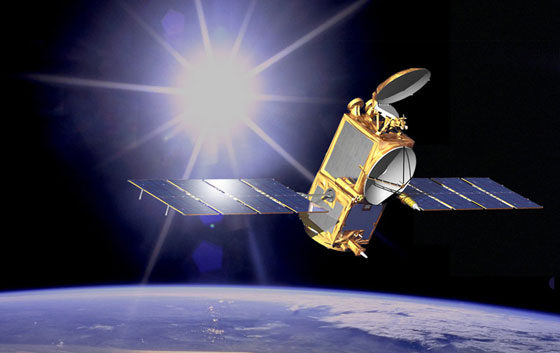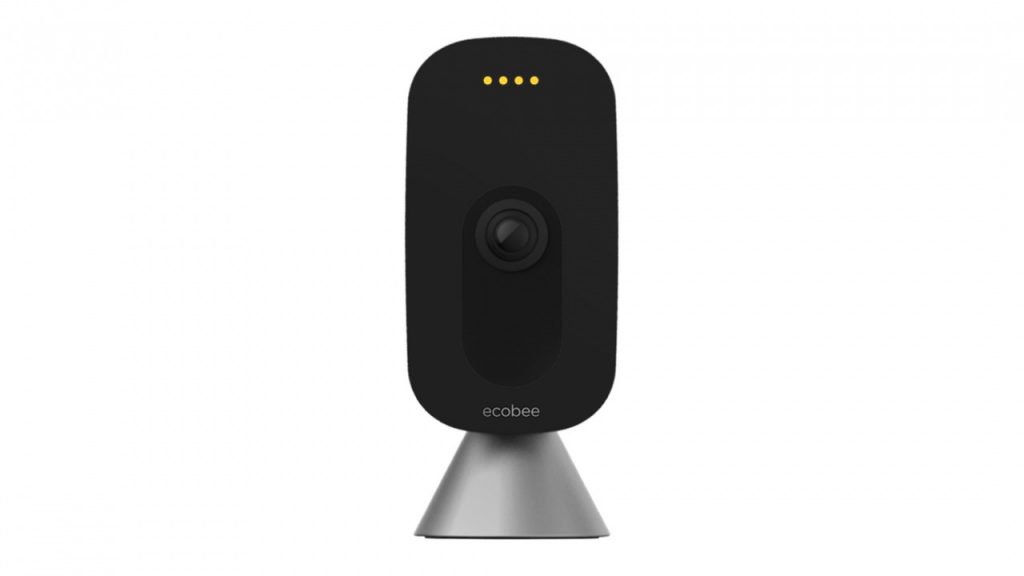SpaceX Successfully Completes its First Falcon Heavy Commercial Mission
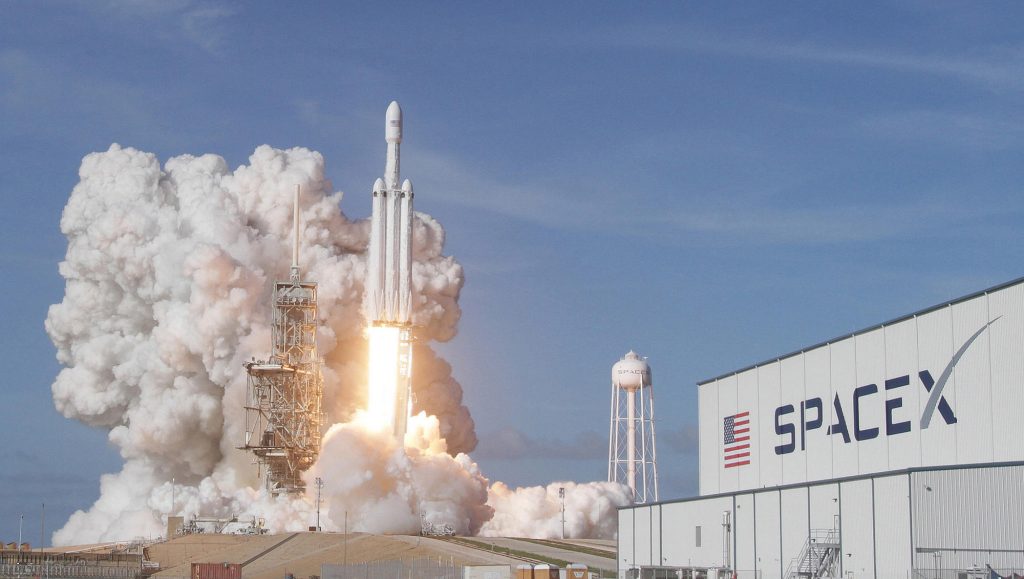
SpaceX has finally launched its first commercial mission with the Falcon heavy carrying the Arabsat-6A, a high-capacity telecommunications satellite in its payload, on Thursday. The satellite is built by Lockheed Martin, for Saudi Arabian corporation Arabsat. The launch took place from the NASA’s Kennedy Space Center at 6:35 p.m. EDT, after a delay due to the bad weather.
Falcon is the most powerful rocket in the world. The launch on April 11 was its second flight attempt following a successful test launch in February 2018. After 9 minutes of launching Falcon, the three booster rockets, too, landed back on Earth, safe. The three core rockets will be ready for reuse in a few days. These core engines are capable of generating 5.1 million pounds of thrust together. In the previous launch, two of the three boosters had landed safe, but the third one had crashed into the ocean as ran out of fuel at 300 miles per hour.
Despite the delay due to the wind, the events took place as were planned. The two boosters landed at the LZ-1 and LZ-2, and the third, the core booster, landed on the “Of Course I Still Love You” drone-ship.
After the 34 minutes of the takeoff, the Arabsat-6A payload detached itself from Falcon and went into the orbit making the mission a success.
The satellite launched by Falcon is a communication satellite, which will provide the television, radio, Internet and mobile communications services to the people of the Middle East, Africa and parts of Europe.
Last year, the SpaceX had 21 successful launches for its customers. This year the company intends to take humans to space and has partnered with Boeing Co. signing a contract with NASA for its Commercial Crew program, to board American astronauts to the International Space Station.

Yashica is a Software Engineer turned Content Writer, who loves to write on social causes and expertise in writing technical stuff. She loves to watch movies and explore new places. She believes that you need to live once before you die. So experimenting with her life and career choices, she is trying to live her life to the fullest.
